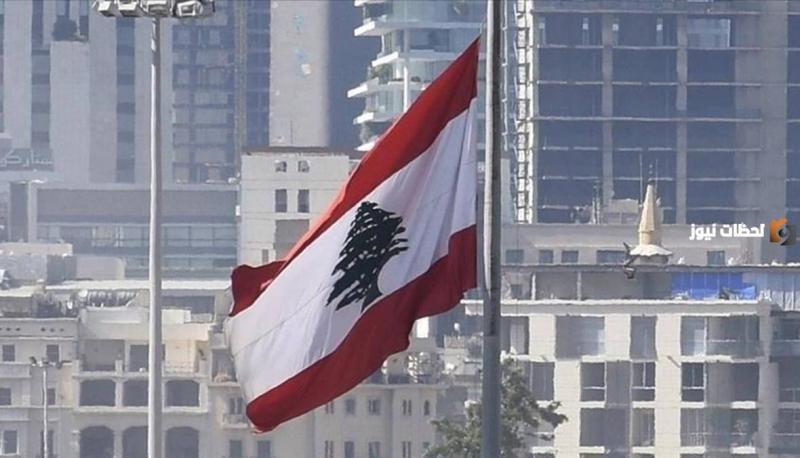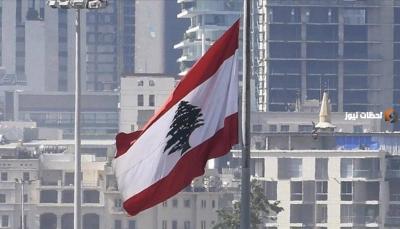It is not a coincidence that the presidency has become a recurrent issue instead of being the key to the solution. Part of the problem with the presidency is the lack of necessity to run for office. Another part of the problem with the system is that presidential elections are not a democratic competition between parties over individuals, ideas, and programs; rather, they are a game among sectarian leaders within the "game of nations." If only the constitution or the law required candidates to submit their candidacy papers officially and to meet the necessary qualifications for a candidate, regardless of the specifications required for a president, then the race would remain a matter for known candidates, and it would not turn into a hunting party looking for names, some of which are forgotten. But all of this is superficial. In essence, the constitution is suspended. When the priority is not on building a national state project, particularly electing a president focused on construction, it appears that the priority is to undermine what remains of state institutions and control the rest of the power. It is not surprising for someone who is leading the country to war by his own decision against the will of the majority and outside what the constitution calls the center of power and decision—the Cabinet and, of course, the Parliament—to make the presidential battle serve the war.
What is surprising is the absolute ineptitude within the country to confront the situation that is being complained about, relying instead on external movements that seem merely like diplomatic chatter to buy time. What is even more surprising is the debate surrounding a dialogue that is only meant to change the subject. For neither dialogue serves as an alternative to applying the constitution, nor does undermining the parliamentary game constitute anything but the practice of dominance and force. It is the right of the "Shiite duo," like anyone else, to have a presidential candidate. They should not have to abandon their candidate, and they remind both the internal and external audiences daily that they have a single and steadfast candidate. What they need to do is work to elect their candidate, but within the rules of the game and during the constitutional timeframe for elections. Imposing a vacancy, no matter how long it takes, to ensure the success of their candidate shows a disregard for the people and the country. Moreover, insisting on disrupting the quorum after the first round in the election session indicates an abuse of democratic parliamentary practice, where "abuse of rights" is legally rejected, as law students learn in their first university year.
The question that imposes itself is: Do the resistors truly want to elect a president? And do they need a president as long as they can do what they want, not only in power but in the country, as if it were a geographical space or merely a field for a regional struggle greater and more dangerous for Lebanon than any other country in the region? Any president, regardless of his position and stance, must act with "the weakest faith," which is to use his voice to announce an official position that has been absent from the caretaker government. Any president who thinks that the relationship with "Hezbollah" gives him the ability to secure concessions must remember the experience of President Michel Aoun, who clashed with insistence on everything related to the vital interests of the Shiite duo and said, "They did not let us."
The German singer and poet Wolf Biermann chooses from Goethe and Brecht the short version: "Every mistake has its time; there are mistakes on the level of history and mistakes below the level of history." Unfortunately, this is what is happening in reality in Lebanon.




